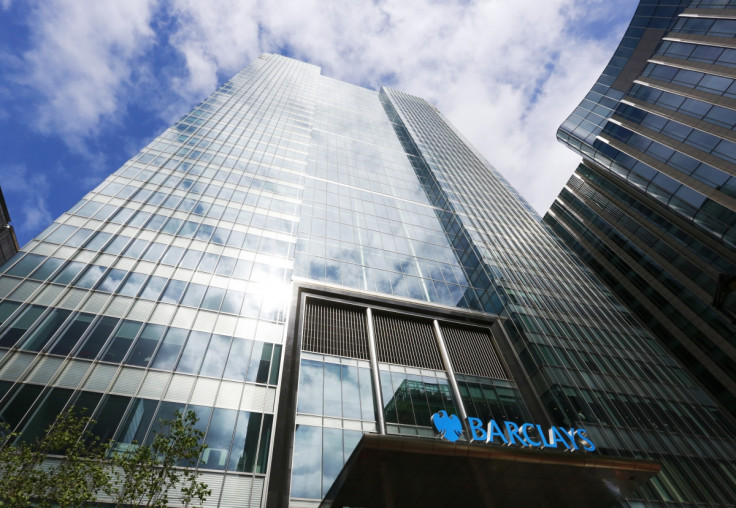Barclays Begins Internal Probe After 'Flash Boys' Style Dark Pool Lawsuit

Barclays' chief executive has revealed the bank has started its own investigation into allegations of securities fraud, after the New York Attorney General slapped the bank with a lawsuit centring on its high frequency trading (HFT) practices.
According to a memo sent by Barclays boss Antony Jenkins to staff, the bank is looking into Eric Schneiderman's claims that it gained an unfair edge through its HFT practices.
"We are working urgently to understand the situation. We are undertaking a full internal investigation into these allegations, which will report directly to me. To assist us in that we have brought in substantial external resources to ensure that the investigation can proceed at pace and is properly objective. That is critical," said Jenkins in the memo seen by IBTimes UK.
"I have said before that we would face some challenges as we work to change Barclays. The real test of our commitment to our values is how we respond to those challenges when they arise.
"I will not tolerate any circumstances in which our clients are lied to or misled and any instances I discover will be dealt with severely. The success of our business depends crucially on our clients being able to rely absolutely on our honesty and integrity."
Michael Lewis's book, Flash Boys: A Wall Street Revolt, claims that with the use of expensive fibre optic lines, high frequency traders are able to get ahead of the regular buyer's order, allowing them to profit from knowledge of prices in slower feeds.
In other words those people with the means at their disposal can essentially rig the markets.
The New York Attorney General based his securities fraud lawsuit around internal communications provided by former Barclays employees.
The lawsuit centres on claims that Barclays maximised profits by executing a bulk of transactions through HFT and on so-called "dark pools" - trading platforms that do not disclose trade or party details publicly until after the transaction is completed. The practice takes place despite the fact clients could have got a better deal on regular exchanges.
"The facts alleged in our complaint show that Barclays demonstrated a disturbing disregard for its investors in a systematic pattern of fraud and deceit," said Schneiderman.
"Barclays grew its dark pool by telling investors they were diving into safe waters. According to the lawsuit, Barclays' dark pool was full of predators – there at Barclays' invitation," he said.
"No regulator – no matter how broad their authority – can succeed on its own. I want to personally thank those that have courageously reported wrongdoing to our office and encourage others to do the same."
Schneiderman added that Barclays claimed that dark pool trading allowed it to "protect" clients from "predatory traders" by using HFT speed to get better prices for customers, however he alleges that Barclays in fact used this practice to court the very traders it claimed to avoid.
Barclays said "we take these allegations very seriously". The bank said it is cooperating with authorities, looking at the matter internally, and that the integrity of markets is a top priority.
© Copyright IBTimes 2025. All rights reserved.






















